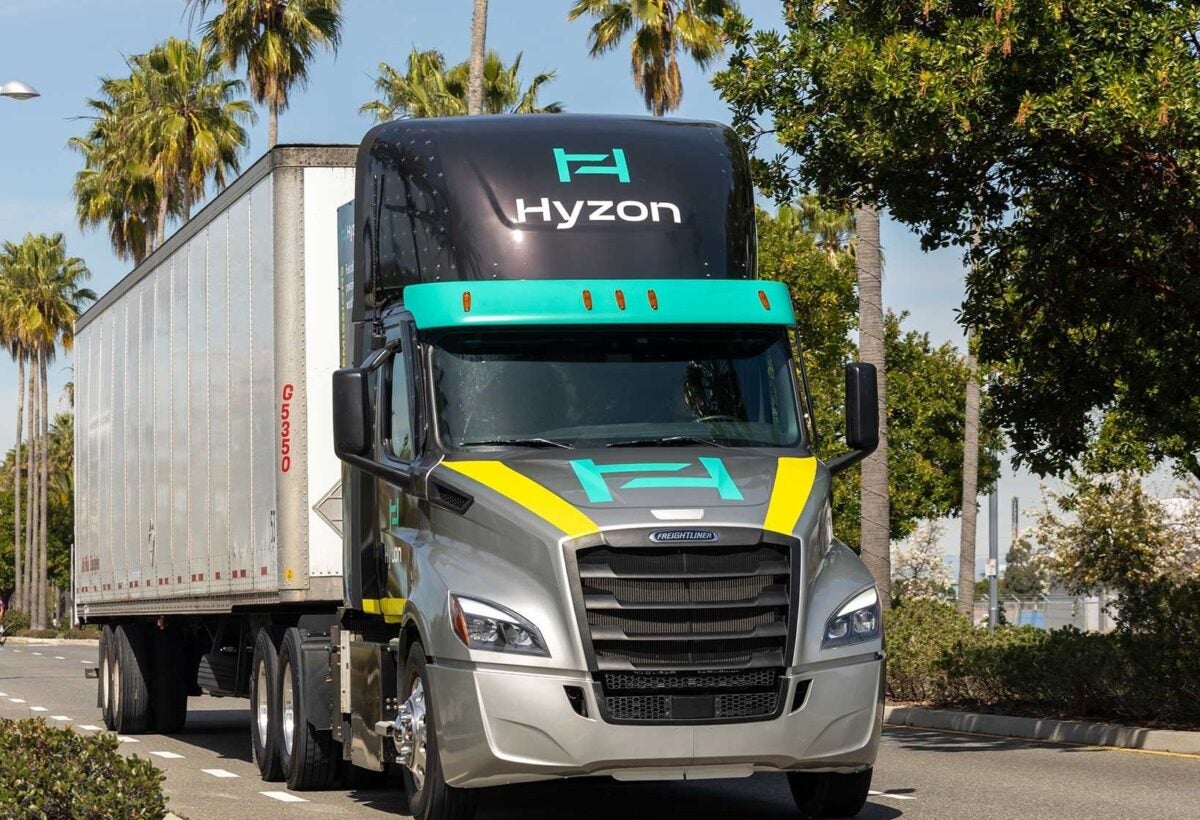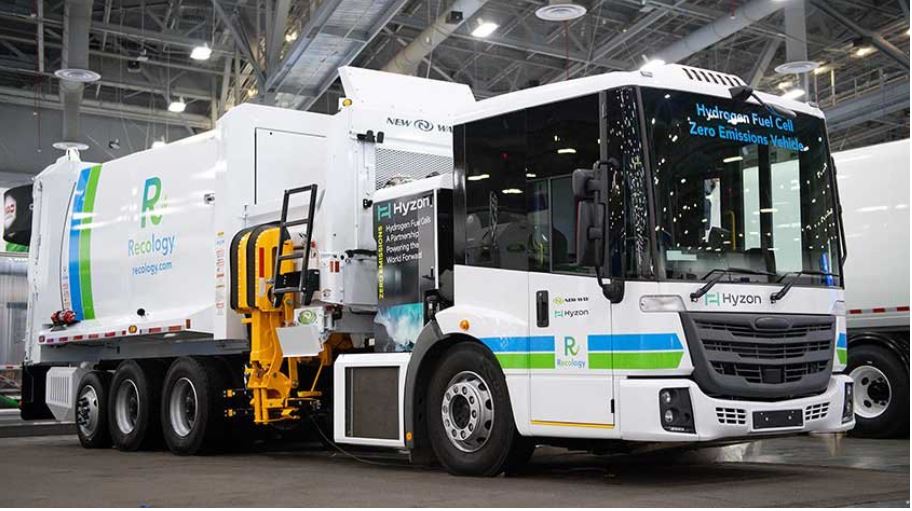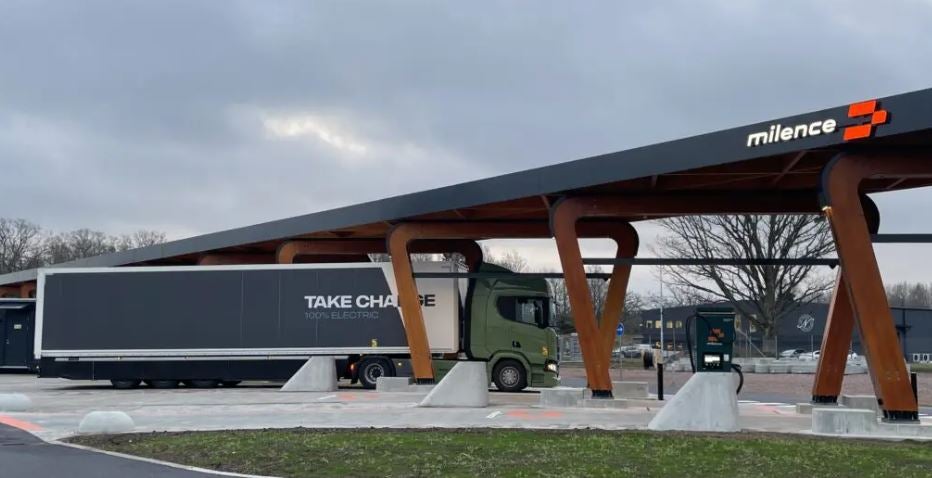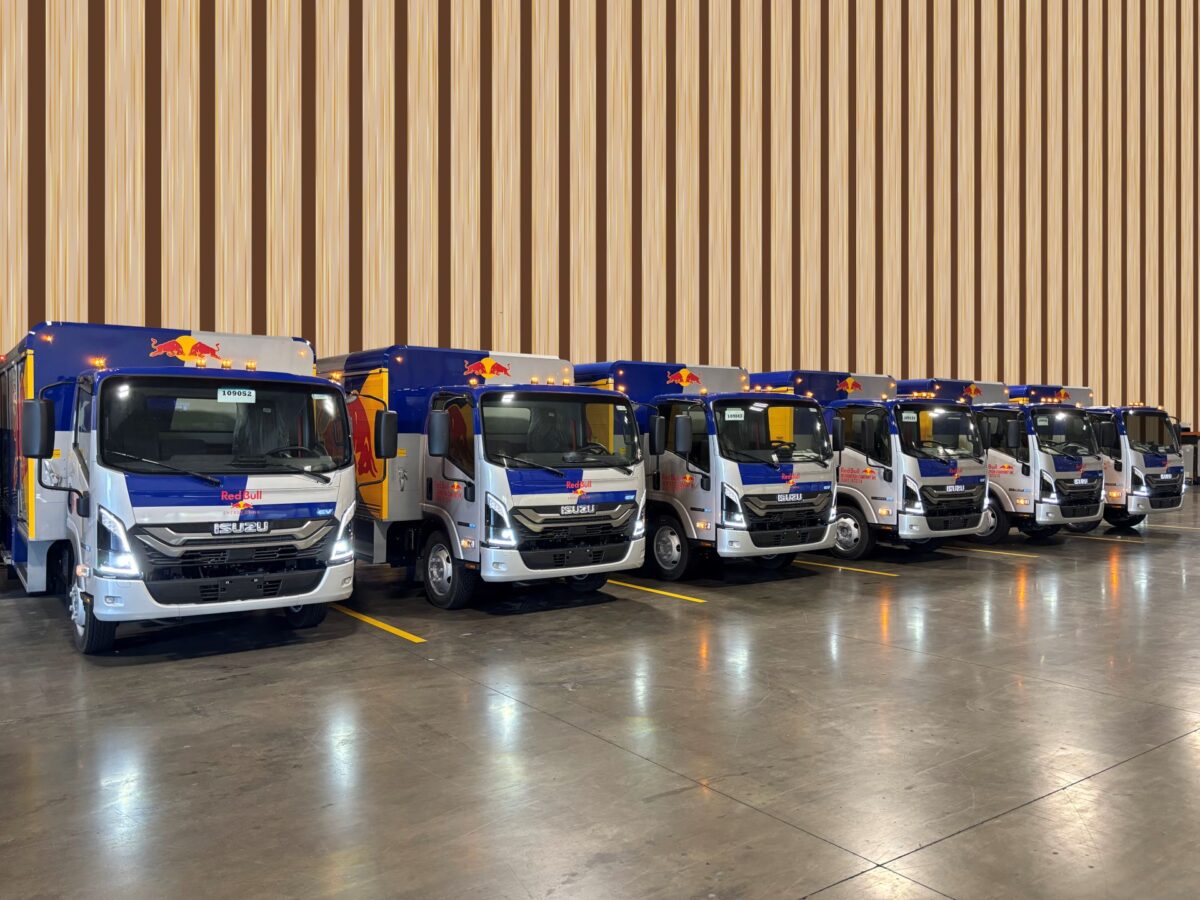Even with a stream of positive news releases, the signs and warnings for Hyzon were there. Now reality has arrived: Fuel cell developer Hyzon Motors is the latest startup to give up after going public during the SPAC craze of 2020-2021.
The spinoff of Singapore’s Horizon Fuel Cell Technologies chased the money, receiving $550 million in July 2021 from a reverse merger with Decarbonization Plus Acquisition Corp. despite having no U.S. or North American business. Early Hyzon announcements focused on Europe, Australia and China.
Short seller Blue Orca Capital alleged skulduggery on Hyzon’s part in a September 2021 report, claiming the company made up orders in China. That put the SEC on Hyzon’s trail. All of this came under CEO Craig Knight, who was pushed out in 2022. Former McKinsey & Co. partner Parker Meeks took over, first as interim CEO. He later was named to the post permanently.
Meeks tries to focus the company
Meeks tried to focus the overextended operation, shuttering operations in Europe and Australia. He saw refuse trucks as a target-rich environment for fuel cells. Hyzon also worked with Fontaine Modification to retrofit Freightliner Cascadia daycabs with 110-kilowatt fuel cell systems while developing a larger, single-stack 200-kW system.


Hyzon hoped to make hydrogen fuel cell-powered refuse trucks the company’s signature product. (Photo: Hyzon)
Every test of the 200-kW system seemed to generate a news release. Sales came slowly as potential customers demanded “show me” tests for several weeks. Hyzon generated just $100,000 in revenue in the third quarter.
With no investors to keep the business moving toward commercial scaling, Hyzon’s board decided Dec. 19 to use its dwindling cash – $14 million – to pay creditors.
A Worker Adjustment and Retraining Notification Act notice filed Dec. 20 means remaining employees in Michigan and Illinois will lose their jobs by the end of February.
Upbeat until the end
As recently as the company’s third-quarter earnings call, Meeks was upbeat about Hyzon’s prospects.
“We target 50-plus truck multiyear agreements with large fleets, so even a 40% success rate in converting trials to contracts of that scale could lead to a 500-plus truck potential order book in Q1 of 2025,” Meeks said.
From a technology perspective, Hyzon had little left to prove. It was buoyed by the falling price of hydrogen, which six months ago sold for as much as $40 a kilogram. Meeks sees it falling to the $10-$12/kg range in 2025.
But Hyzon’s prospects rested on converting successful trials to orders for trucks costing $500,000 and up. Even with incentives from California and the Biden administration pouring billions into hydrogen, the clock ran out. Still, the Hyzon board left open the slight chance that it might reverse the decision.
Seen this movie before
Hyzon is the second hydrogen fuel cell company to reach the breaking point in recent months. Augsburg, Germany-based Quantron AG has been in “provisional insolvency” since late October.
Fuel cell truck developer Nikola has no obvious investors and little to offer a buyer in unique technology. It buys and assembles major components. For example, its chassis comes from former joint venture partner Iveco, and Bosch makes its fuel cell stack. It expects to run out of money in the first quarter of 2025 without new capital.
Other special purpose acquisition company-backed electrification and autonomous vehicle entities have failed.
Lordstown Motors wanted to make a commercial electric pickup truck but had problems from the start despite a $770 million infusion from its SPAC merger. Embark Trucks had strong support, even from Elaine Chao, a former Department of Transportation secretary, as a board member. It didn’t matter. When the SPAC money ran out, its intellectual property was sold in a private transaction for $71 million to Applied Intuition.
As we reported last week, others are on the bubble, in part because they have conducted reverse stock splits to raise their share prices only to see the price continue to drop.
One of those is long-troubled Workhorse Group, which is technically not a startup but has been beset by myriad challenges, most recently a slowdown in EV purchases.
One startup that may escape is Hyliion, which pivoted from developing a natural gas-electric hybrid powertrain to building out a fuel-agnostic stationary generator business. It continues to win contracts for the system, including several with the military. Its stock price is up 239% year to date.
Briefly noted …
The Autonomous Vehicle Industry Association is pre-pitching President-elect Donald Trump, asking him to get behind a single federal standard for autonomous vehicles.
The Milence public charging joint venture created by Daimler Truck, Traton Group and Volvo Group has opened two hubs in Sweden to service heavy-duty electric trucks in Nordic countries.

Fleets participating in the North American Council for Freight Efficiency’s Fleet Fuel Study showed an average of 7.77 miles per gallon. The industry averages 6.9 mpg.
The first NRR-EV from Isuzu Commercial Truck of America is delivering Red Bull energy drinks in Southern California.

Hyliion Holdings has been awarded a $6 million grant from the U.S. Department of Energy’s Methane Emissions Reduction Program to install up to 2 megawatts of its fuel-agnostic generators in collaboration with oil and gas partners.
Medium-duty electric truck maker Motiv Electric Trucks has surpassed 5 million miles of zero tailpipe emissions.
Correction: The Dec. 13 Truck Tech misidentified the location of Thomas Built Buses. The Daimler Truck North America subsidiary is based in High Point, North Carolina.
A personal note …
Today is my last Truck Tech newsletter for FreightWaves, closing on the nice, round number of 150. That doesn’t count the two years of Truck Talk newsletters that preceded the rebranding to Truck Tech. We’ve built a robust community by bringing perspective and context to the advanced technology that is defining commercial trucking. More than 14,000 readers opt in to receive the weekly email on Fridays. Truck Tech continues in the capable hands of Thomas Wasson, who will take over the Wednesday podcast and Friday newsletter in January. Click here to subscribe.
As always, thanks for watching and reading.
Alan Adler
adlercomms@gmail.com

